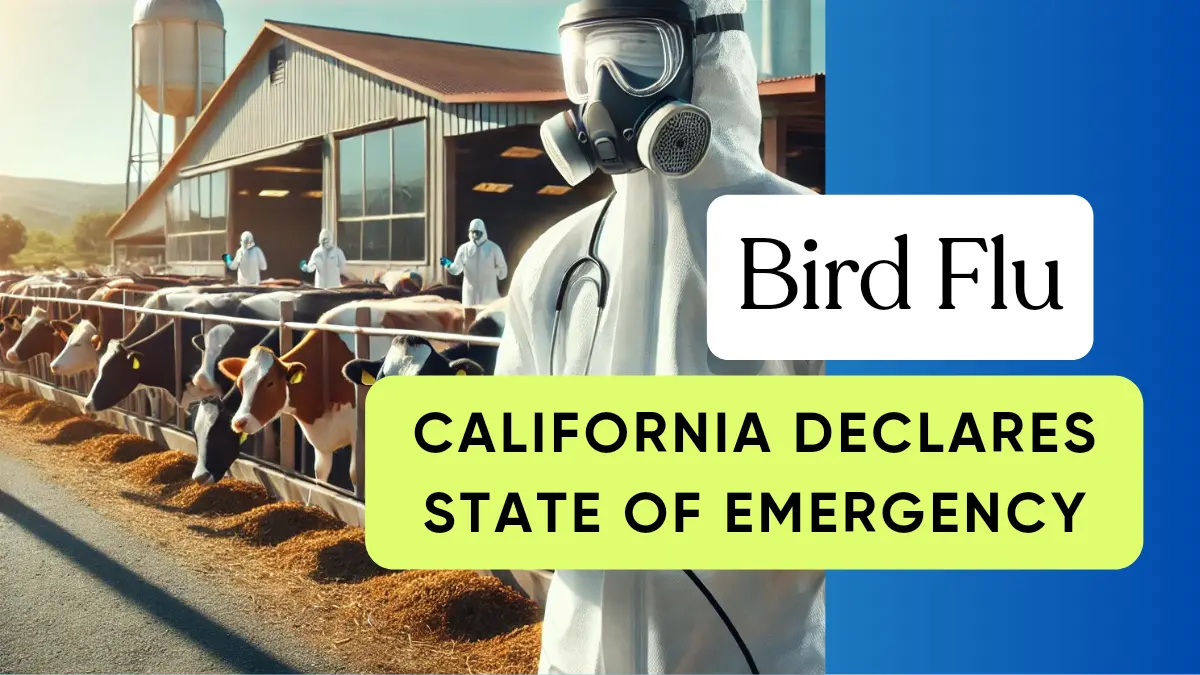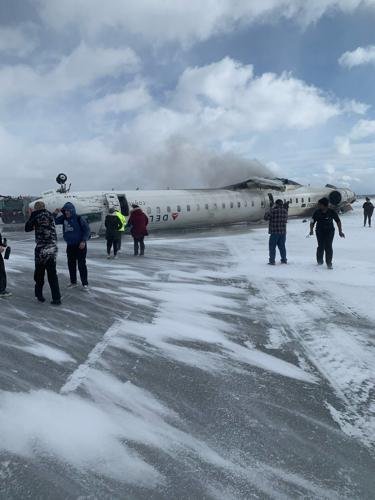In response to a significant surge in avian influenza cases, Governor Gavin Newsom has declared a state of emergency in California. This decisive action aims to bolster the state’s efforts in combating the outbreak, which has notably impacted both the agricultural sector and public health.
Outbreak Overview
Since March 2024, the H5N1 strain of bird flu has been detected in over 700 dairy herds across 16 states, with California accounting for nearly 650 of these cases. The virus’s spread to dairy cattle marks an unprecedented development, raising concerns among health officials and the farming community.
The Centers for Disease Control and Prevention (CDC) has reported 61 confirmed human cases of H5N1 in the United States, with more than half occurring in California. While most human infections have been mild and linked to direct contact with infected animals, the first severe case was recently confirmed in Louisiana, involving a critically ill patient with underlying health conditions.
Impact on Agriculture and Public Health
The detection of H5N1 in dairy cattle has led to significant disruptions in California’s dairy industry. Infected herds have experienced reduced milk production and other health issues, prompting stringent biosecurity measures and culling practices to contain the virus. The U.S. Department of Agriculture (USDA) has mandated nationwide testing of the milk supply, set to commence on December 16, to ensure the safety of dairy products.
Public health officials emphasize that pasteurized dairy products remain safe for consumption, as the pasteurization process effectively inactivates the virus. However, there is heightened concern regarding raw milk products. A recent recall of raw milk from a Fresno County dairy farm was initiated after samples tested positive for H5N1. Consumers are advised to avoid raw milk due to potential health risks.
Expert Insights
Dr. Demetre Daskalakis of the CDC stated, “While the risk to the general public remains low, the emergence of H5N1 in dairy cattle and the associated human cases underscore the need for vigilance and adherence to recommended safety measures.”
Mark McAfee, CEO of Raw Farm, LLC, whose products were recently recalled, contends, “Our products are safe, and this quarantine feels like a politically motivated attack against raw milk.”
Preventive Measures and Recommendations
Health authorities recommend the following precautions to mitigate the spread of H5N1:
For Agricultural Workers: Utilize personal protective equipment (PPE) when handling livestock, particularly in affected areas.
For Consumers: Ensure all dairy products are pasteurized before consumption. Avoid raw milk and related products.
General Public: Report any contact with sick or dead birds to local health departments and seek medical attention if flu-like symptoms develop following exposure.
Conclusion
The declaration of a state of emergency enables California to allocate resources more effectively and implement measures to control the outbreak. Ongoing surveillance, public cooperation, and adherence to health advisories are crucial in mitigating the impact of this unprecedented avian influenza outbreak.
You May Also Like: Ancient Silver Amulet Unearthed In Germany






